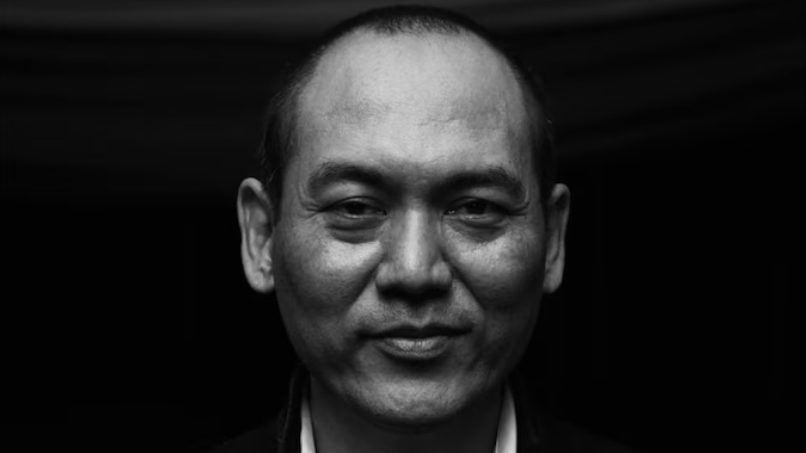Rigzin Sampheal, an IAS officer from the 2003 UP cadre, faced significant challenges on his journey to joining the Indian Administrative Service.

In Short
- Rigzin Sampheal, an orthopaedically disabled ST candidate, overcame challenges to join IAS
- Legal action and PMO intervention helped Sampheal and Lokesh Kumar secure IAS postings
- Sampheal’s journey inspires disabled and ST UPSC aspirants
The controversy surrounding Puja Khedkar, an IAS probationary officer in Maharashtra facing disciplinary action for alleged misuse of power, has cast a shadow on the Union Public Service Commission (UPSC) recruitment process. However, despite this controversy, the journey of Rigzin Sampheal continues to inspire a lot of differently-abled UPSC aspirants.
Rigzin Sampheal, an IAS officer from the 2003 UP cadre, faced significant challenges on his journey to joining the Indian Administrative Service. Coming from a Scheduled Tribe (ST) background and being orthopaedically disabled, Sampheal scored 120 in the UPSC exam but was initially allocated the IRS instead of the IAS. Similarly, his friend Lokesh Kumar, who ranked ninth in the Scheduled Caste category and had a similar disability, was also not given an IAS posting despite his qualifications. Both had to take legal action against the commission’s decision.
Before the court could reach a conclusion, the Prime Minister’s Office (PMO) intervened. A separate medical board was constituted, which declared both Sampheal and Kumar fit for nearly all roles within the IAS ambit. Consequently, they were given IAS postings as per their ranks. “The then Prime Minister was Atal Bihari Vajpayee, and it was due to his office that we got our seats,” said Sampheal.
Sampheal’s journey has become an inspiring story for UPSC aspirants, especially those from ST backgrounds and those with disabilities. He has served as district magistrate and collector in several districts in Uttar Pradesh and worked in the Jammu and Kashmir cadre before seeking voluntary retirement last year.
Arman Ali, president of the National Centre for Promotion of Employment for Disabled People (NCPEDP), a key non-profit organization, advocates for the rights of disabled people.
Taking a veiled dig at IAS trainee Puja Khedkar, who forged disability certificates to clear the UPSC exam, Ali stated, “It is saddening to witness these incidents, but they point to a larger problem of how disability and affirmative action are viewed in society. Privileged, able-bodied individuals see reservation policies as opportunities to exploit rather than as restitution for the marginalisation faced by people with disabilities. This manipulation undermines the needs of qualified disabled individuals who deserve these opportunities.”
Ali elaborated on the definition and scope of disabilities considered for UPSC quotas.
“Disability is any condition that restricts your ability, physical or mental, to perform functions, resulting in a hindrance to social, educational, or financial opportunities. The government defines eligibility for UPSC quotas as individuals with at least 40 percent disability, certified by a medical body. Recognized disabilities include blindness and low vision, deafness and hearing impairments, and locomotor disabilities such as cerebral palsy, cured leprosy, dwarfism, acid attack victims, and muscular dystrophy,” he explained.
Article Credit: indiatoday